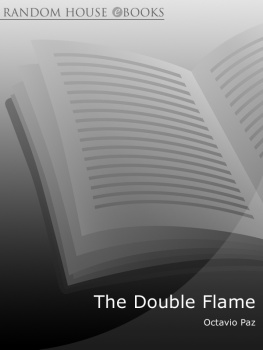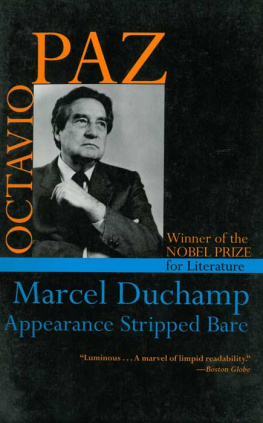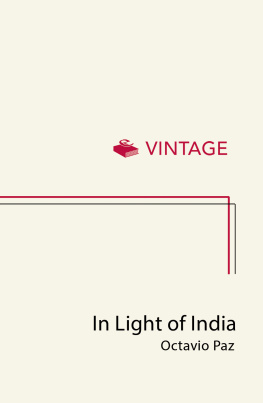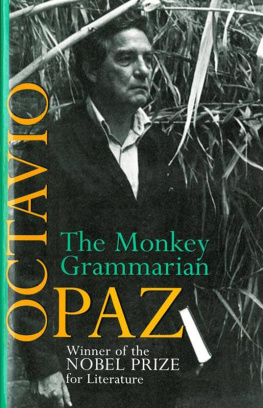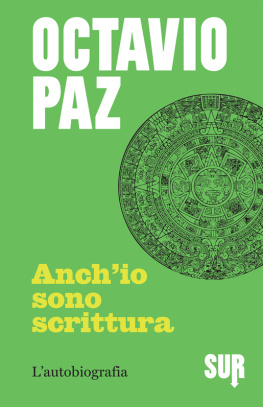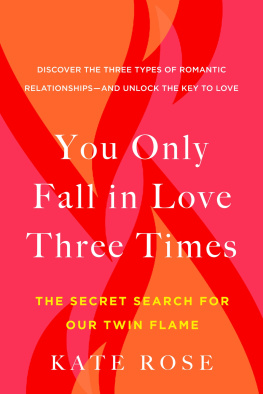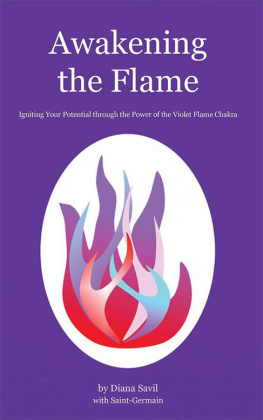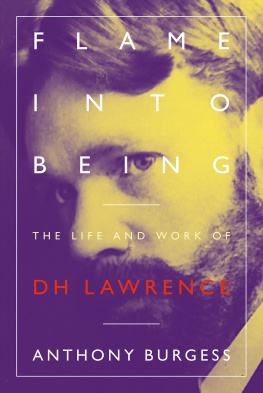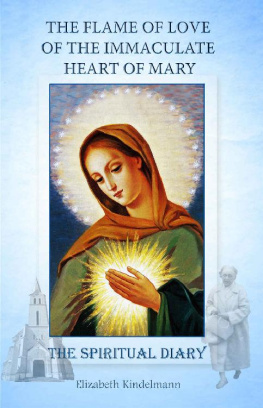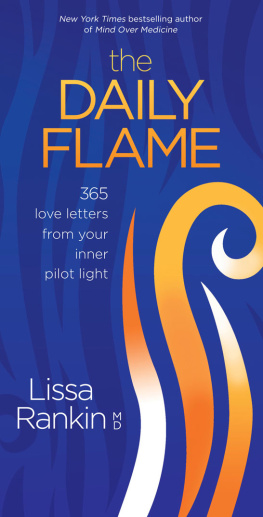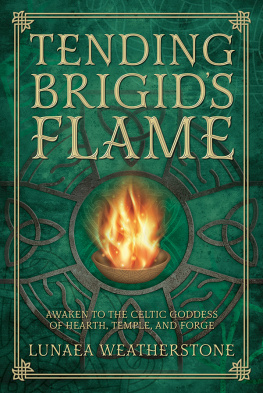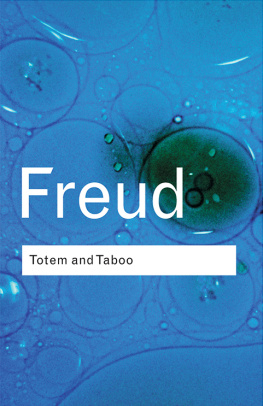
About the Book
In this engrossing book, the Nobel laurate Octavio Paz, explores the illimitable mysteries of love. He relates a history of love how love has been transformed in both the East and the West as revealed in literature, philosophy and religion. Beginning with Platos Symposium he goes on to describe the influence of the great cities of Alexandria and Rome on the development of love poetry; courtly love in Heian Japan and twelfth-century France; and love in modern novels, as Madame Bovary and Ulysses. In a second strand he examines the geography of love which he sees as three concentric circles sexuality, eroticism, and love defining sexuality as the desire to reproduce; eroticism as sexuality transfigured by the imagination and love as an erotic relationship which corresponds to a particular person. Bemoaning that Capitalism has turned Eros into an employee of Mammon, he nonetheless finds hope in the fact that there are scientists who believe we can go no further in our attempts to explain the world and that therefore the mystery of the sublime, carnal embrace will remain.
These essays are a memorable discourse on what Paz calls our share of paradise
Octavio Paz
THE DOUBLE FLAME
Essays on Love and Eroticism
Translated from the Spanish
by Helen Lane
This ebook is copyright material and must not be copied, reproduced, transferred, distributed, leased, licensed or publicly performed or used in any way except as specifically permitted in writing by the publishers, as allowed under the terms and conditions under which it was purchased or as strictly permitted by applicable copyright law. Any unauthorised distribution or use of this text may be a direct infringement of the authors and publishers rights and those responsible may be liable in law accordingly.
Version 1.0
Epub ISBN 9781446477014
www.randomhouse.co.uk
First published in Spanish with the title
La Llama Doble, Amor y Erotismo
First published in Great Britain in 1996
by The Harvill Press,
84 Thornhill Road,
London N1 1RD
2 4 6 8 10 9 7 5 3 1
Octavio Paz, 1993
Circulo de Lectores, 1993
English translation copyright 1995 by
Harcourt Brace & Company
Octavio Paz asserts the moral right to be identified as the author of this work
A CIP catalogue record for this book is available from the British Library
Permissions for use appear on page 209, which constitutes a continuation of the copyright page
ISBN 1 86046 250 2 hardback
ISBN 1 86046 156 5 paperback
CONDITIONS OF SALE
All rights reserved. No part of this publication may be reproduced, stored in a retrieval system, or transmitted in any form or by any means, electronic, mechanical, photocopying, recording or otherwise, without the prior permission of the publisher.
This book is sold subject to the condition that it shall not, by way of trade or otherwise, be lent, re-sold, hired out or otherwise circulated without the publishers prior consent in any form of binding or cover other than that in which it is published and without a similar condition including this condition being imposed on the subsequent purchaser.
Contents
About the Author
OCTAVIO PAZ was born in Mexico in 1914 and is best known as a poet and essayist. He is also a professor, critic and translator, has served as a diplomat and was Mexican ambassador to France and India. Like Pablo Neruda and Jorge Luis Borges, Paz is one of those Latin American literary giants whose work has influenced not only their own politics and culture but those of the world. Among a dozen volumes available in English translation is his study of Mexican culture, The Labyrinth of Solitude, and Convergences essays on art and literature. He received the Nobel Prize for Literature in 1990. He lives in Mexico City.
Also by Octavio Paz
in English translation
THE LABYRINTH OF SOLITUDE
THE OTHER MEXICO
ALTERNATING CURRENT
THE BOW AND THE LYRE
CHILDREN OF THE MIRE
SELECTED POEMS
ON EARTH FOUR OF FIVE WORLDS
CONVERGENCES
THE OTHER VOICE
ESSAYS ON MEXICAN ART
Preface
WHEN DOES A BOOK BEGIN TO BE WRITTEN? HOW much time does it take to write? Seemingly easy questions; in reality, difficult ones. Going by the external facts, I began this book in early March and finished it at the end of April: two months. The truth is that it was begun in my adolescence. My first poems were love poems, and love has appeared in my poetry ever since. I was also an avid reader of tragedies and comedies, novels and love poems, tales from A Thousand and One Nights, Romeo and Juliet, The Charterhouse of Parma. This reading nurtured my thoughts and illuminated my experiences. In 1960 I wrote half a hundred pages on Sade, in which I tried to trace the boundaries between animal sexuality, human eroticism, and the more restricted domain of love. I was not entirely satisfied, but that essay served to make me realize the vastness of the subject. Around 1965, while I was living in India the nights were as blue and electric as those of the poem that sings of the loves of Krishna and Radha I fell in love. I decided to write a little book on love. Taking as its point of departure the intimate connections between the three domains sex, eroticism and love it would be an exploration of the amatory feeling. I made a few notes, but had to stop: pressing tasks claimed my attention and forced me to postpone the project. I left India. Some ten years later, in the United States, I wrote an essay on Fourier in which I returned to some of the ideas outlined in my notes. Once again, other preoccupations and tasks intervened. My project became an increasingly remote possibility. I could not forget it, but neither did I feel able to carry it out.
Years went by. I continued to write poems. Often they were love poems, and in them there appeared, like recurrent musical phrases like obsessions, even images that were the crystallization of my thoughts. It will not be difficult for a reader who has read some of my poems to find bridges and correspondences between them and these pages. To me, poetry and thought are a system of communicating vessels. The source of both is my life. I write about what I have lived and am living. To live is also to think, and sometimes to cross that border beyond which feeling and thinking become one: poetry. Meanwhile, the pages on which I had scrawled my notes in India turned yellow, and a number of them were lost in moves to new quarters and in my travels. I abandoned the idea of writing the book.
Last December, gathering together certain texts for a collection of essays (entitled Ideas y costumbres, Ideas and Customs), I remembered that abandoned book. I felt more than regret, I felt shame: this was not forgetfulness but a betrayal. I spent several sleepless nights gnawed by remorse. I felt the need to return to my idea and complete it. But I held back: wasnt it a little ridiculous, at the end of my days, to write a book about love? Or was this to be a farewell, a last testament? I shook my head, thinking that Quevedo, in my place, would have taken advantage of the occasion to write a satirical sonnet. I tried to think of other things, but it was useless: the book would not leave me in peace. Several weeks filled with doubts went by. Then suddenly one morning, I began to write with a sort of joyous desperation. I had planned on an essay of about a hundred pages, but as I wrote, new vistas appeared, and with urgent spontaneity the manuscript kept growing until, with the same naturalness and the same urgency, the words stopped. I rubbed my eyes: I had written a book. My promise had been kept.
Next page
